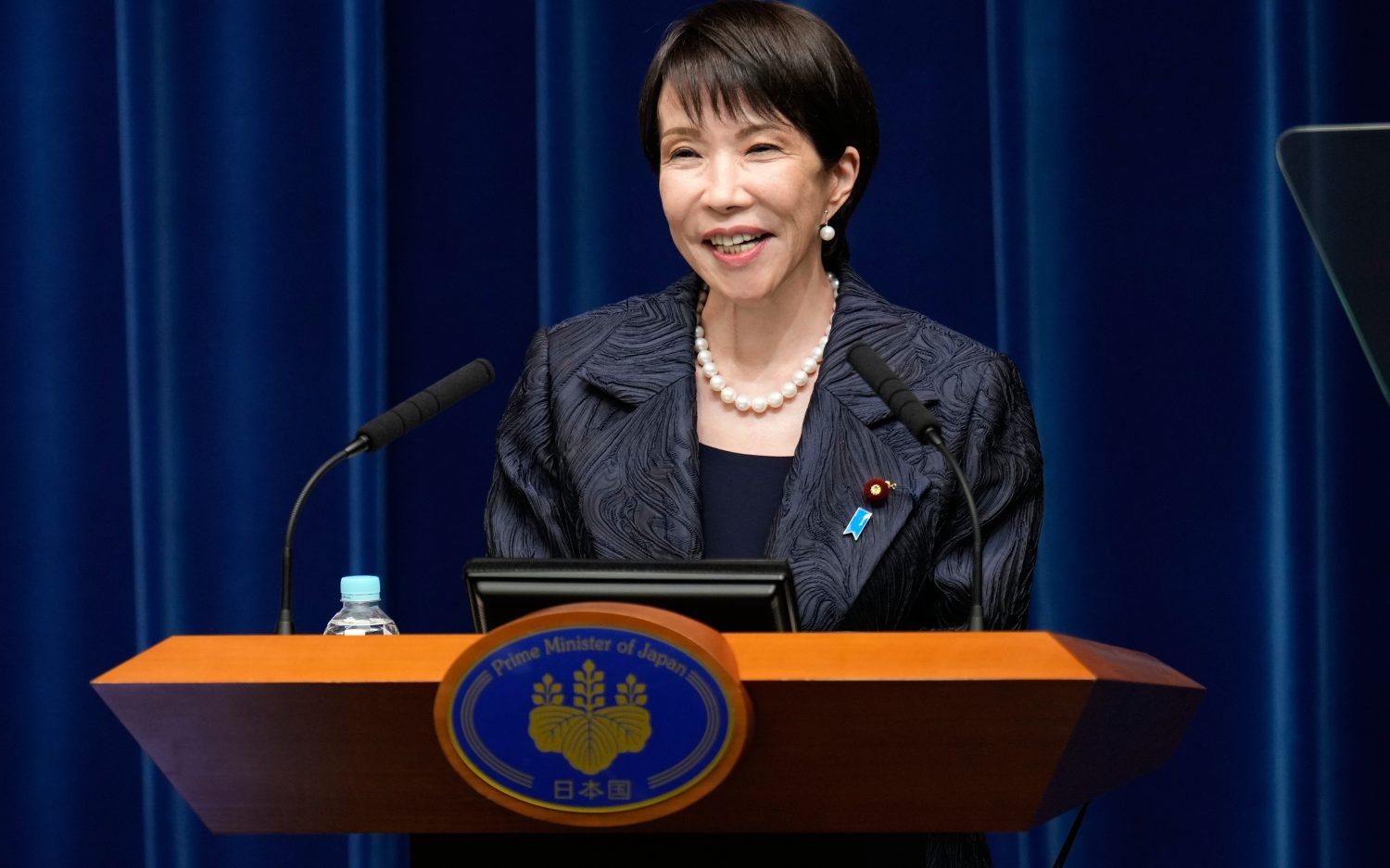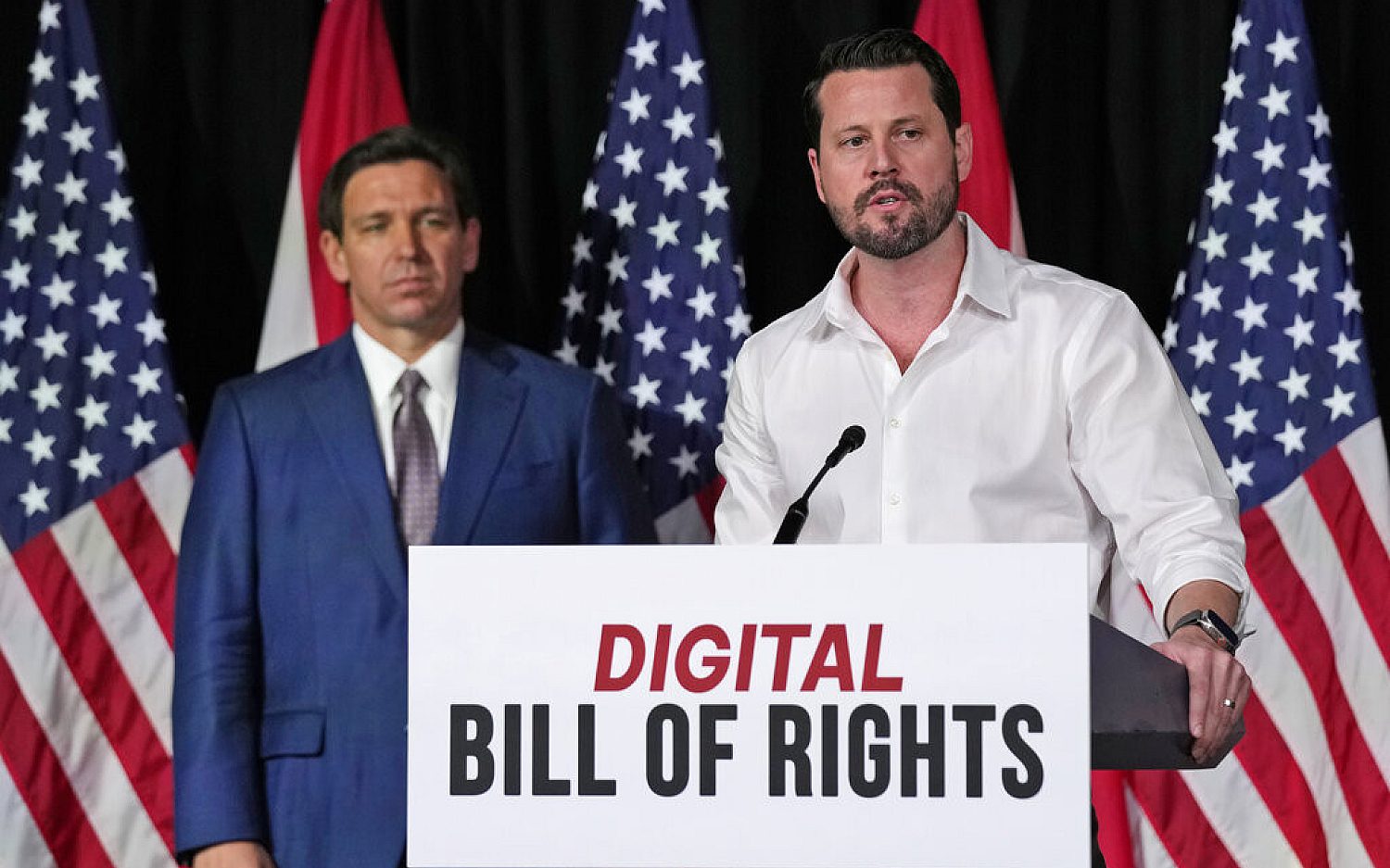Researchers scramble to find Zika vaccine amid world health crisis
This week, the World Health Organization (WHO) declared the Zika virus a global health emergency, with the mysterious tropical disease now sweeping across 28 countries in Latin America and the Caribbean. The decision, considered an international distress signal, likely will trigger an onslaught of aid and research to quell the outbreak.
Though the vector-borne virus is largely asymptomatic, health experts are most concerned by the emerging evidence linking Zika to microcephaly, a severe birth defect resulting in underdeveloped brains and abnormally small heads. Widely criticized for their sluggish response to the 2014 Ebola crisis in West Africa, WHO officials decided not to wait for months of scientific research to prove or disprove a causal connection between Zika and microcephaly.
“After a review of the evidence, the committee advised that the clusters of microcephaly and other neurological complications constitute an extraordinary event and public health threat to other parts of the world,” said WHO Director-General Margaret Chan.
One day after the WHO’s declaration, French-based drug developer Sanofi Pasteur announced it had launched an effort to research a preventive Zika vaccine. Sanofi created the first licensed dengue vaccine, and plans to leverage its existing manufacturing capabilities, technology, and experience to speed production.
But the development of a vaccination could still take years.
“It’s very difficult to predict a reliable timeline … given that we’re learning so much about the disease and what we need to do,” said Nicholas Jackson, a Sanofi researcher.
Even if drug makers are able to accelerate vaccine development, clinical trials will be problematic. Testing the vaccine could require the involvement of pregnant women and women of child-bearing age, two groups scientists are traditionally reluctant to put at risk.
Brazil is at the epicenter of the outbreak, and Brazilian authorities estimate the country could have up to 1 million infections by now. But Zika’s essential lack of symptoms makes this impossible to verify.
“Eighty percent of the people infected by Zika do not develop significant symptoms. A large number of people have the virus with no symptoms, so the situation is more serious that we can imagine,” Brazilian Health Minister Marcelo Castro told Reuters.
“Our big hope is finding a vaccine,” Castro added.
With Rio de Janeiro hosting the Summer Olympics just a few months from now, likely attracting millions of tourists, Brazil’s government is scrambling to address the Zika crisis.This week, the government deployed 220,000 army troops to combat the ubiquitous carrier mosquito, giving troops permission to enter any public or private building to eradicate standing water.
“As long as we don’t have a vaccine against Zika virus, the war must be focused on exterminating the mosquito’s breeding areas,” said Brazilian President Dilma Rousseff.
But since the mosquito can breed in a pool of water as tiny as a bottle cap, Rousseff’s plan may prove difficult to execute.
Will the Zika virus hit America? Health experts say it’s possible. While there have been no transmissions of the disease within the United States, the nation is hospitable to the carrier mosquito, and the Centers for Disease Control and Prevention is preparing to address a possible outbreak. WHO officials predict an estimated four million cases of Zika infection in the U.S. by the end of 2016, but they do not believe the disease will mimic Brazil’s wildfire epidemic spread, due to the common use of air conditioning, window and door screens, and the availability of mosquito repellent.
The Associated Press contributed to this report.
An actual newsletter worth subscribing to instead of just a collection of links. —Adam
Sign up to receive The Sift email newsletter each weekday morning for the latest headlines from WORLD’s breaking news team.




Please wait while we load the latest comments...
Comments
Please register, subscribe, or log in to comment on this article.